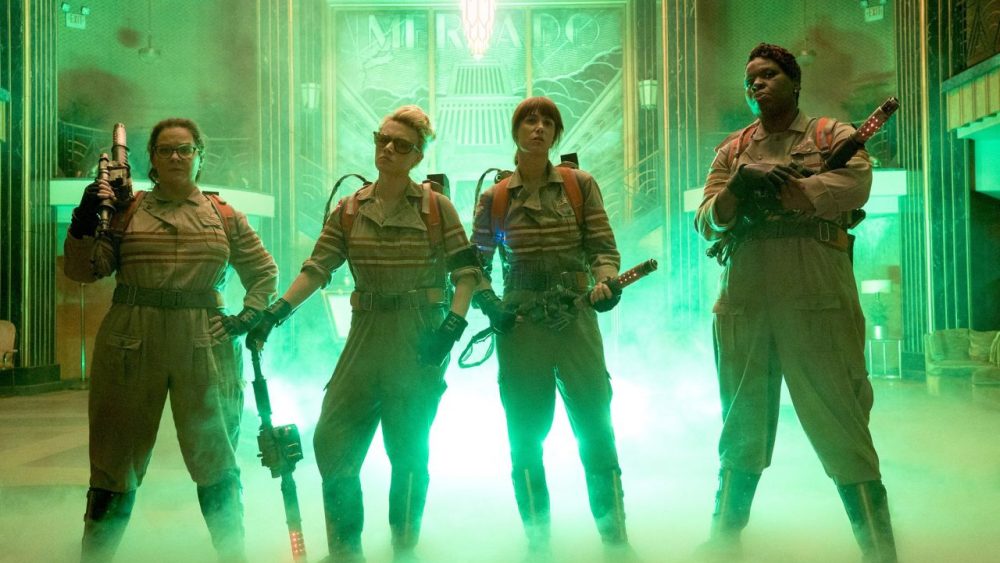Going back for more of the same
Cinemas are again loaded with characters or storylines we’ve seen before.
The all-female remake of Ghostbusters, the latest dose of Star Trek and another version of Tarzan. This month, cinemas are again loaded with specific characters or storylines we’ve seen before.
Films frequently must be part of a franchise, either as a sequel, prequel, remake, reboot or novel adaptation. Many of us lament such repetition. We complain that movie-makers have no new ideas. Box office results, though, suggest we are creatures of a habit we may strongly deny.
Even as we protest that we actually want to go another way. But our cinematic addiction to franchises also points to the positive value of habits or routine. Going back for more of the same isn’t, by definition, a terrible thing.
The highest earners during the past few decades indicate an undeniable pattern. We, the movie-goers, keep going back for more of the same. According to a helpful assessment presented in March by pop-culture site Den of Geek, about one quarter of Top 10 movies in the past 20 years have been original. As in, written for the screen. For one Avatar, there’s umpteen Lord of The Rings, Harry Potter, Hunger Games, Jurassic Park or Fast and Furious instalments.
One of the best examples of the franchise effect is the “Marvel Cinematic Universe” (those unceasing movies about superheroes, derived from Marvel comic-books). We routinely return to movies about Captain America or other Avengers because they have become familiar, comfortable, known quantities. Pretty much, a safe bet for mainstream audiences.

Alexander Skarsgård as Tarzan in the new ‘The Legend of Tarzan’ Village Roadshow
This preference for movies we already know is nothing new. As online commentators Film School Rejects observe, The Keystone Cops or Rin Tin Tin had more than ten movies each before the Silent Era ended in 1931. From the Marx Brothers to Charlie Chan and Blondie, Hollywood’s Golden Years were laden with repeated characters or proven commodities.
Although we might argue otherwise, we bring franchises upon ourselves. This love-hate transaction is similar to how we can deny the stubborn sins in our lives, yet continue to commit them. Why? Because, like franchises, we operate as if the easiest path is the one through what we know. Even as we protest that we actually want to go another way. But our cinematic addiction to franchises also points to the positive value of habits or routine. Going back for more of the same isn’t, by definition, a terrible thing. Have you seen the Toy Story franchise? How great are all three? They reward repeated behaviour and, to some degree, offer a tiny reflection of the bigger call God makes for us to remember him. Constantly.
The book of Deuteronomy is an excellent example of God knowing what humans are like and providing a remedy to the sinful ways we forget we are not God. Rather than give his people instructions for life and just hope they are able to follow them, God repeatedly – yes, repeatedly – reminds them to remember who he is, what he’s done and will do. This call to habitual or routine dedication to God isn’t brainwashing or a lazy ritual. It’s the forging of a pattern of human bonding to God, because God knows we need to always remind ourselves that the better path is to cling to him. Constantly.
Email This Story
Why not send this to a friend?

